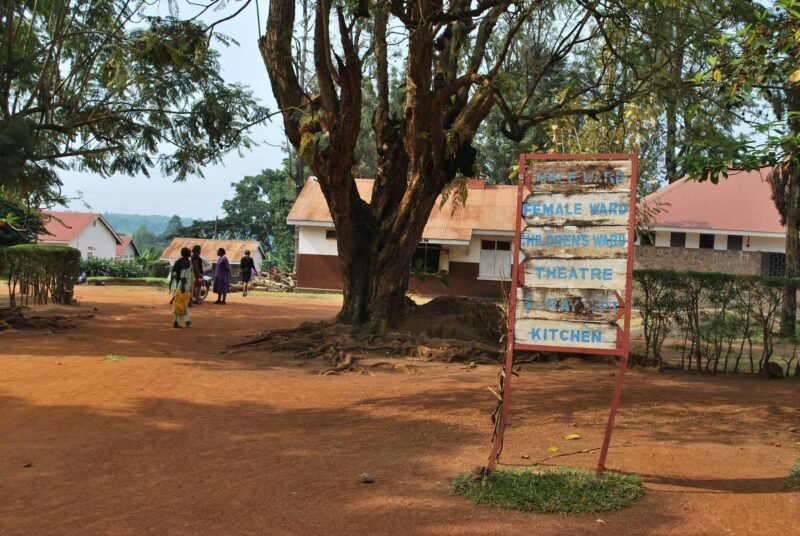The journalists at Spice FM, grantees of Internews’ Information Saves Lives Fund, strive to get accurate information from officials, translated into local languages
Leilah Bbaale and Kaahwa Megga work to provide reliable information about COVID-19 to the listeners of Spice FM, located in Hoima, Uganda, which is also host to the Kyangwali refugee settlement.
Chasing officials for information and then translating it, for refugee populations from Congo, Rwanda, Burundi, South Sudan, Somalia, and Kenya, is time-consuming and challenging.
They’ve found local officials to be “media shy” and fear they hide away information from the general public. The president of Uganda holds regular press conferences from Kampala, which they broadcast and translate into Swahili and other languages used in the camp. The information is also disseminated over WhatsApp groups.
Spice FM team also relies on community correspondents who gather information in the refugee camp to let them know what myths are circulating so they can combat the misinformation.
“There was someone who had eaten a chameleon, bit off the head and ate it, claiming it makes you immune to COVID-19,” said Leilah.
“There are many witch doctors and pastors that are claiming they can cure COVID-19 and they do not encourage people to practice any of the restrictions that are put in place by the government. So, this is where we come in to help these communities, as well as the health officials.”
Many of the refugee camp residents are illiterate and many don’t own a radio set. Spice FM is using the funds they received to amplify the broadcasts that they set up in the camp, so people don’t have to congregate too closely to listen to the broadcasts.
The pandemic crisis is also an information crisis, and journalists are the first responders. In an emergency, information saves lives. Hear from more journalists and information providers, as they grapple to stay operational and report on the crisis.
(Banner photo: a local hospital in Hoima, Uganda. Credit Stttijn/Flickr/CC)
